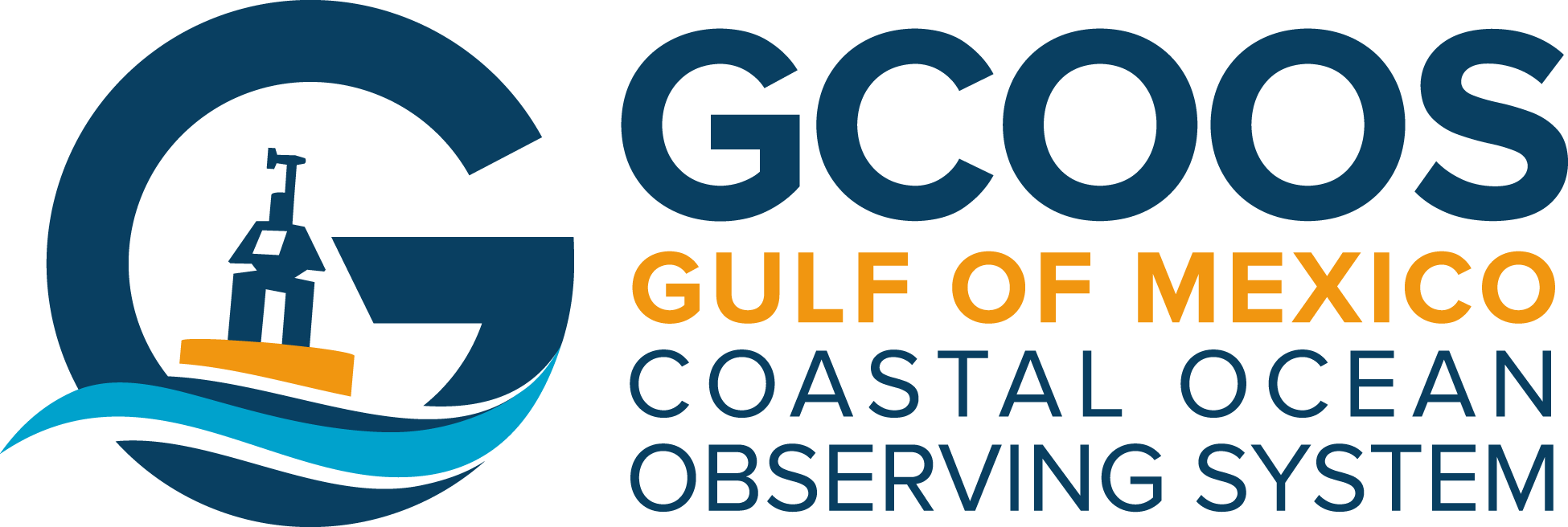Newswise — On Wednesday, 12-13, 2023, the Gulf of Mexico Coastal Ocean Observing System (GCOOS) announced the launch of a new online guide to Gulf of Mexico Beaches: “All Things Beaches,” a one-stop-shop for information beachgoers need to have a fun, safe day at a Gulf of Mexico beach.
Want to know how hot it is? If there are weather alerts, rip currents, harmful algal blooms or water quality issues on a beach you plan to visit? The interactive maps on All Things Beaches allow visitors to explore beaches across the Gulf of Mexico, including those that are regularly monitored and tested for water quality in coastal Texas, Louisiana, Mississippi, Alabama and on Florida's west coast. The guide also includes local links to beach information, including hours, parking, restrooms, showers, accessibility and other amenities.
- Access All Things Beaches: Via website link: bit.ly/GOM-beach-guide or use the QR code
GCOOS developed All Things Beaches after two of its main advisory committees — the Products and Services Council and the Outreach and Education Council — identified the need during discussions with stakeholders in Gulf communities. Stakeholders said they wanted an internet-based tool that would bring all the information about conditions at individual beaches together in a single location.
All Things Beaches does that by collecting beach data from numerous sources, including the National Weather Service (NWS) and the Environmental Protection Agency (EPA), as well as a multitude of state and local agencies and compiling it into a single, easily searchable website.
As the Gulf of Mexico regional component of the U.S. Integrated Ocean Observing System (IOOS), GCOOS’s mission is to provide on-demand information about the Gulf’s coastal and open ocean waters that is accurate, reliable and benefits people, ecosystems and the economy. GCOOS is the only federally certified, comprehensive data collection and dissemination center for coastal and ocean data in the Gulf, and it provides data and information free of charge. That means there is no cost to access the information on All Things Beaches.
“The Gulf of Mexico includes hundreds of popular, beautiful coastal beaches,” said GCOOS Executive Director Dr. Jorge Brenner. “But until now, there was no single place where people could find information about a particular beach they were planning to visit. Now, they can use All Things Beaches to see what current beach conditions are as they plan their beach days. While a lot of the data and information we disseminate is designed for researchers and resource managers, GCOOS is committed to providing the tools and information that Gulf coast residents and visitors can use to make decisions as they live, work and play in our coastal communities.”
All Things Beaches was created by GCOOS GIS Developer Hannah Dillahunt.




